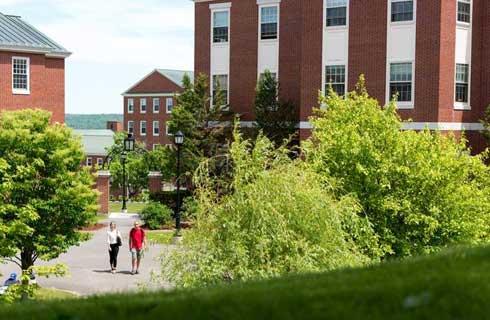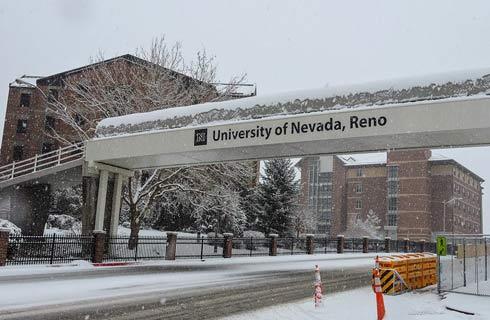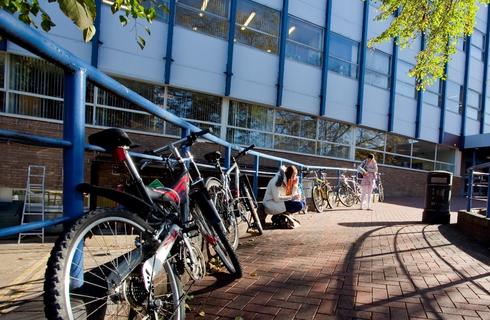Master of Science in Natural Resources and Environmental Science

学历文凭
Masters Degree

专业院系
College of Agriculture, Biotechnology and Natural Resources

开学时间

课程时长

课程学费

国际学生入学条件
Requirements include:
- A Bachelor's degree from an accredited institution of higher education in an appropriate area of science.
- An undergraduate grade point average (GPA) of 3.0 or higher, documented with official transcripts.
- Minimum score requirements: TOEFL: 550 (paper) or 79 (internet), IELTS: 6.5 (academic version).
Application deadlines: Dec 1 (Fall - Priority) | Mar 1 (Fall - Final) | Oct 1 (Spring)
IDP—雅思考试联合主办方

雅思考试总分
6.5
- 雅思总分:6.5
- 托福网考总分:79
- 托福笔试总分:550
- 其他语言考试:Pearson (PTE): 59, Cambridge: 176, Duolingo: 105
CRICOS代码:
申请截止日期: 请与IDP联系 以获取详细信息。
课程简介
相关申请
 预科
预科 奖学金
奖学金 实习机会
实习机会 在校学习
在校学习 跨境学习
跨境学习 校园授课-线上开始
校园授课-线上开始 在线/远程学习
在线/远程学习
本校相关课程

Master of Music in Music Education
学历文凭
Masters Degree
开学日期
课程费用总额


Master of Arts in Music
学历文凭
Masters Degree
开学日期
课程费用总额


Bachelor of Arts in Women's Studies
学历文凭
Bachelor Degree
开学日期
课程费用总额


Bachelor of Science in Wildlife Ecology and Conservation
学历文凭
Bachelor Degree
开学日期
课程费用总额


Bachelor of Science in Veterinary Science
学历文凭
Bachelor Degree
开学日期
课程费用总额


Doctor of Philosophy in Speech Pathology
学历文凭
Ph.D.
开学日期
课程费用总额

其他相关课程

地理学环境研究学士
 滑铁卢大学
滑铁卢大学学历文凭
Bachelor Degree with Honours
开学日期
课程费用总额


环境研究学士-地理与环境管理[一般]
 滑铁卢大学
滑铁卢大学学历文凭
Bachelor Degree with Honours
开学日期
课程费用总额


环境研究学士-环境与商业[仅限合作社]
 滑铁卢大学
滑铁卢大学学历文凭
Bachelor Degree
开学日期
课程费用总额


资源与环境管理硕士
 达尔豪斯大学
达尔豪斯大学学历文凭
Masters Degree
开学日期
课程费用总额


环境研究硕士
 达尔豪斯大学
达尔豪斯大学学历文凭
Masters Degree
开学日期
课程费用总额


环境科学理学学士
 温尼伯大学
温尼伯大学学历文凭
Bachelor Degree
开学日期
课程费用总额










 美国
美国
